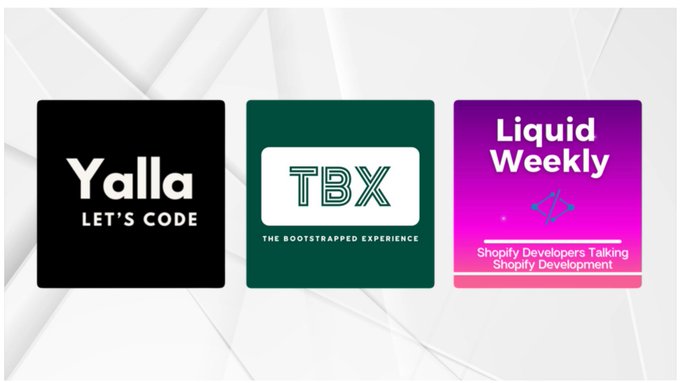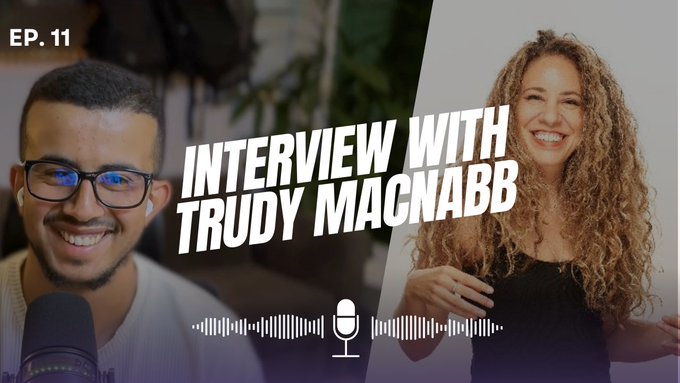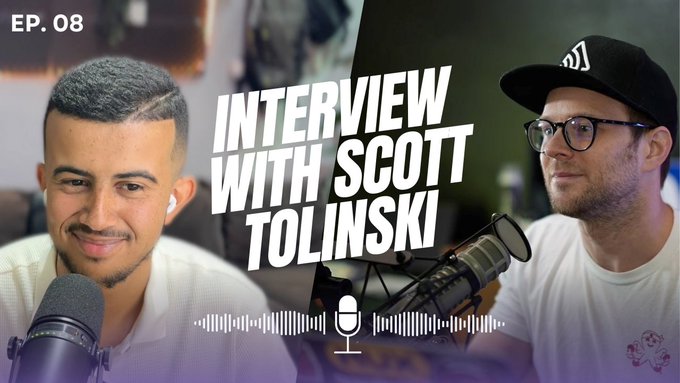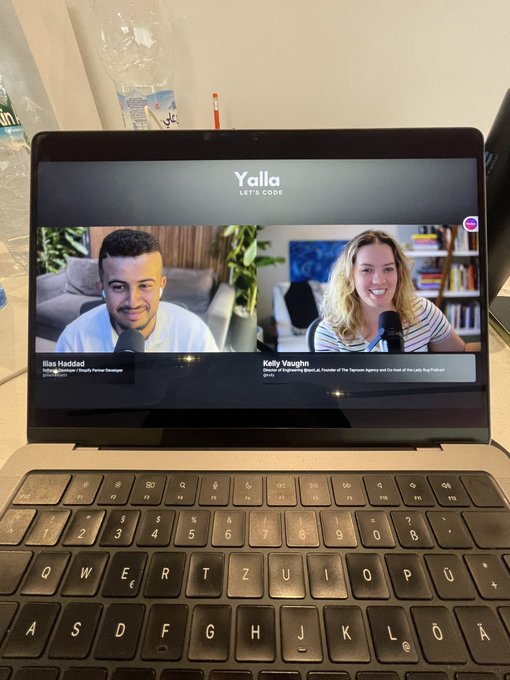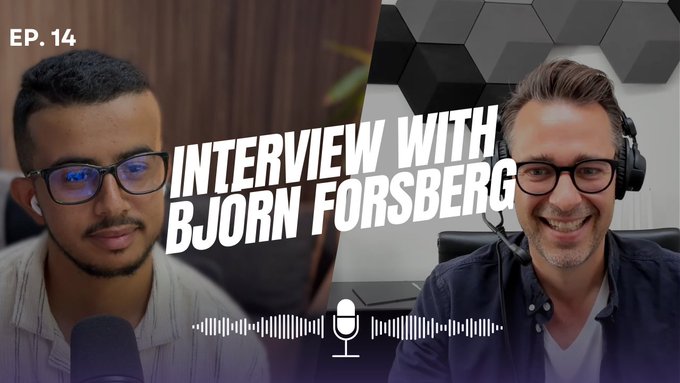From -$30K to a VC Darling: 7 Hard-Won Lessons from Strapi's Founder Pierre Burgy
Building a successful company is a marathon of surviving near-death experiences. For Pierre Burgy, co-founder and CEO of the leading open-source headless CMS, Strapi, the journey was no different. In a candid conversation on the Yalla Let's Code podcast, he shared the unfiltered story of navigating investor rejection, financial turmoil, and the strategic pivots that defined their path to success.
Here are seven critical lessons from his journey that every developer-turned-entrepreneur should take to heart.
1. Fundraising for Open-Source is a Different Battle
Before Strapi was a well-known name backed by top-tier VCs, it was just an idea that investors struggled to grasp. "A lot of investors were like, 'Okay, so it's free. So you'll never make money,'" Pierre recalled. This fundamental misunderstanding of the commercial open-source model led to a grueling fundraising process. The team hit rock bottom, with a bank account showing a balance of minus $30,000.
The Takeaway: Don't just chase any check. Find investors who understand your specific space. The conviction of a few knowledgeable partners is worth more than the skepticism of many generalists.
2. Your 'Revenge Tour' is About Finding the Right Partners
After their brutal pre-seed experience, the Strapi team approached their seed round differently. "We wanted to raise with investors who really understand what we built," Pierre said. This shift in mindset changed everything. They went from being rejected to closing a seed round with Accel in just one month. Six months later, Index Ventures preempted their Series A—all while the company had zero revenue.
The Takeaway: When you have strong community traction, you have leverage. Use it to find partners who add strategic value, not just capital. The momentum shift can be sudden and dramatic.
3. 'Hybrid' Work Might Be the Worst of Both Worlds
While the tech world debated return-to-office mandates, Strapi went all-in on being fully remote. Pierre has a strong, contrarian take on the hybrid model: "It adds, to me, the worst of both worlds." He argues that it creates two distinct cultures and communication styles, leaving remote employees feeling excluded.
The Takeaway: Choose a lane and commit. Whether fully remote or fully in-office, a single, unified culture prevents silos and ensures everyone operates on a level playing field.
4. The Allure of Enterprise Can Be a Dangerous Trap
Landing big-name logos is intoxicating, but Pierre warns that going upmarket too early can be a grave mistake. "We quickly devailed the team from the work we're doing with the community. And instead, we focused on creating differentiators for the enterprise customers," he admitted. This meant they were focusing on 1% of their users, alienating the community that formed the foundation of their growth.
The Takeaway: Never forget the users who got you to where you are. Your product-led growth engine is fueled by your community. Don't sacrifice it for short-term enterprise wins.
5. The Open-Source Freemium Dilemma
One of the toughest balancing acts in open-source is deciding what to give away for free. "The more you give for free, the more you have to go upmarket to find the very few customers for only the extremely advanced features," Pierre explained. It's a paradox: generosity builds community, but it can also remove the natural incentive for users to pay, making sustainability a challenge.
The Takeaway: Be strategic about your value proposition from day one. Your free offering should be a pathway to your paid product, not a replacement for it.
6. The Future of Development is AI-Powered Scaffolding
Strapi's vision for the future is ambitious and developer-centric. Pierre revealed their work on Strapi AI, a feature that will allow developers to simply drag-and-drop their React application to have the entire backend content model built automatically. "We'll build all of the components for you... The goal is really to make your frontend application editable within one click."
The Takeaway: The next wave of developer tools won't just help us write code faster; they'll eliminate entire categories of tedious work. Think about how AI can remove friction in your own workflows.
7. The Three Pillars of Long-Term Motivation
After nearly a decade, what keeps a founder in the game? For Pierre, it comes down to three things:
- The Community: Building something for a large number of people.
- The Team: Watching amazing people join and elevate the mission.
- Personal Growth: The constant challenge of being pushed out of your comfort zone.
The Takeaway: Entrepreneurship is the ultimate personal development journey. The external success is often just a byproduct of the internal growth.


